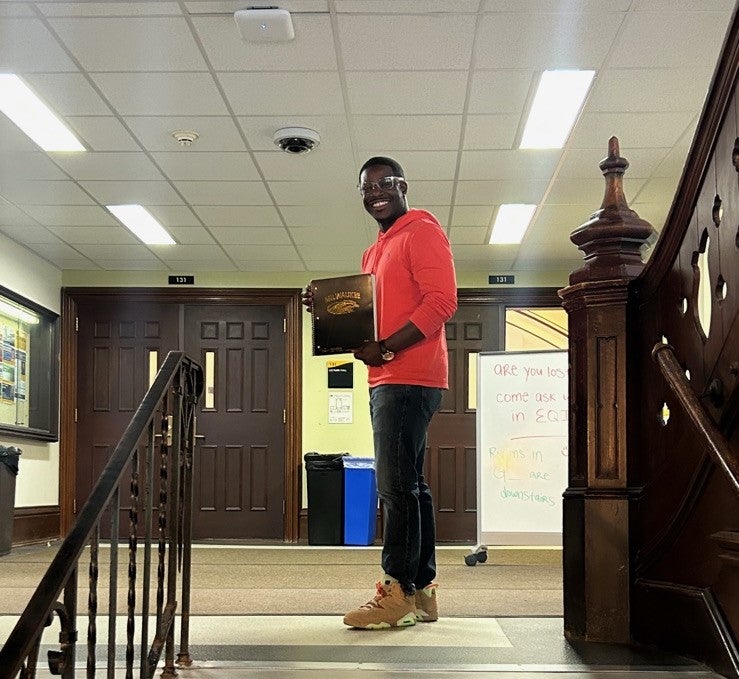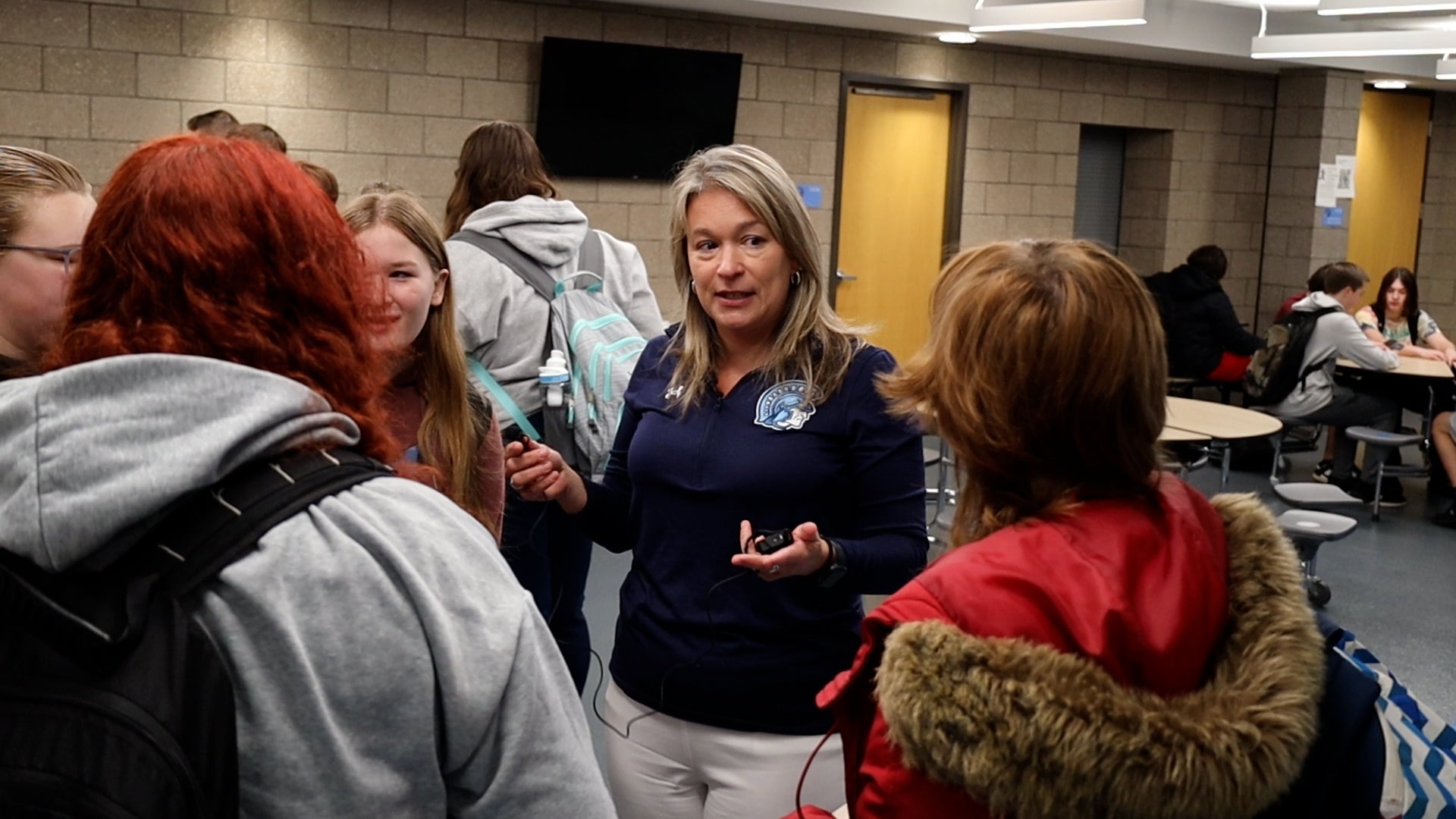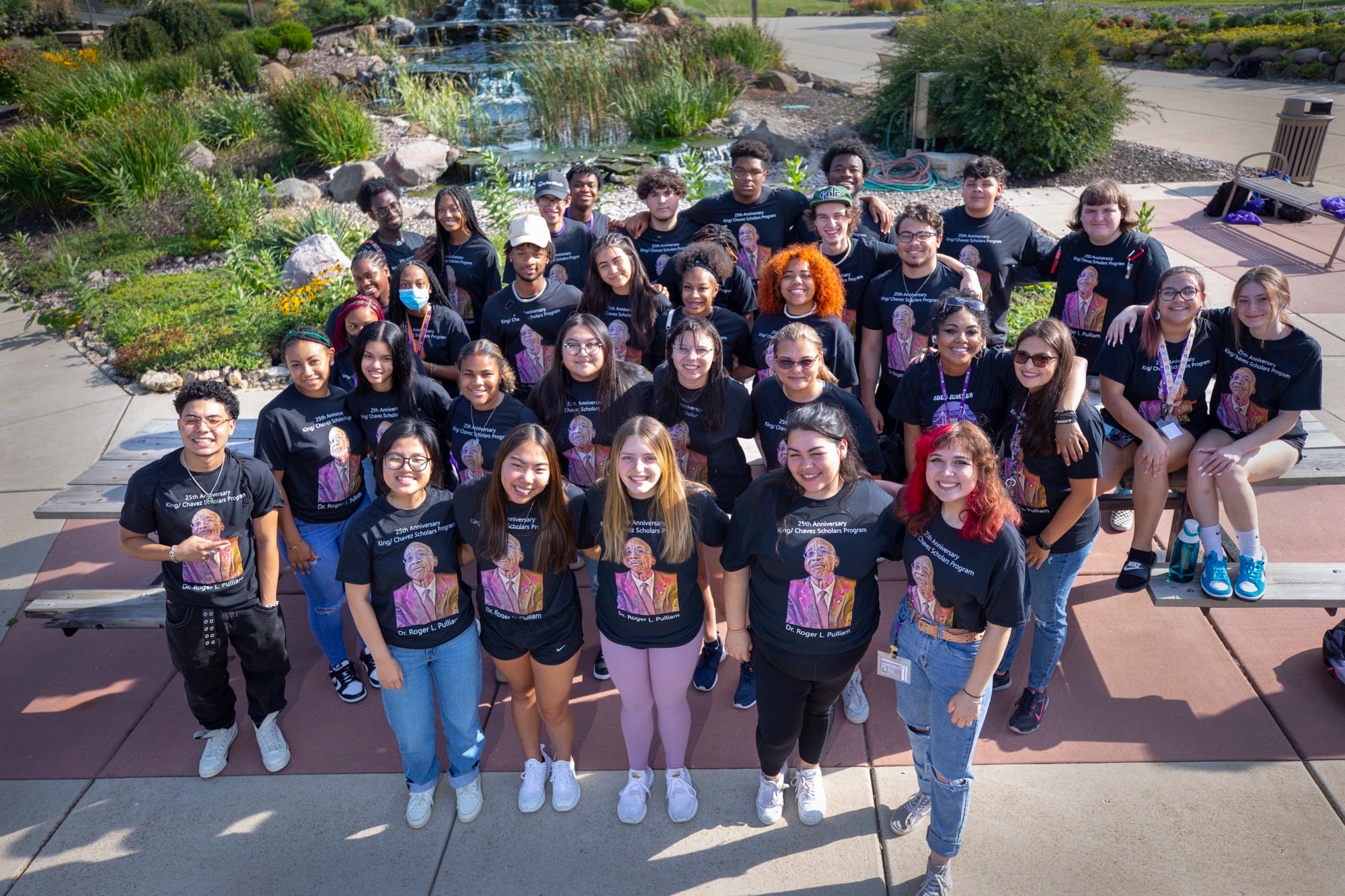Study Shows Internships Matter for Future Jobs; Modern Motherhood: An American History
Featured in this Show
-
Study Shows Internships Matter for Future Jobs
A study of more than 9,000 fake job applications to businesses in major cities across the country suggests having an internship as part of a higher education is the most significant factor in getting a job interview. The study was conducted in part by UW-La Crosse assistant economics professor John Nunley. The six month study involved more than 2,000 online job openings in 2013 and shows college graduates who had an internship listed on their resume were 14 percent more likely to get a job interview than graduates who didn’t list an internship. An internship was a greater factor in getting a job interview than a graduate’s grades or major.
“Our data suggests what you majored in doesn’t matter,” Nunley said. “The thing that mattered more was the internship experience, and whether you got an adequate job, or in field employment, versus underemployment. If you became underemployed after graduation, that was a very negative thing in terms of your subsequent job market opportunities.”
Nunley says when it comes to being underemployed, the study suggests graduates who take a sales job in retail are especially unwanted by employers. The study found that internships even made a difference four or five years after college graduation.
“The way to think about this is that the internship could be a signal. Maybe employers are just looking for some signal of ability,” Nunley said. “But it also could be that the internship gives that applicant some skills or some knowledge about the business world and employers value that.”
One troubling aspect of the study was it appears employers are making decisions to interview or not interview someone based on the color of their skin. The fake resumes were submitted using distinctly black or white sounding names, and those with black names received fewer invitations for a job interview. Nunley says the source of the discrimination is hard to prove, but the interview gap grew wider for those resumes with African American names that had similar internship or in field work experience of a white sounding name.
Nunley says one factor the study doesn’t take into account is the success that many college graduates have in accepting a job that’s offered by a company where they’ve worked as an intern.
-
Modern Motherhood: An American History
A UW-La Crosse professor has written what’s believed to be the first comprehensive history of being a mother in the United States. Jodi Vandenberg-Daves wrote Modern Motherhood: An American History in part to use in a class she teaches at UWL on the history of motherhood.
The book captures many of the changes in philosophy about what mother’s role should be in American society from Puritan times to modern life. The challenges of motherhood during slavery are also explored.
Many themes repeat themselves, such as family planning including birth control and abortion and women working both in and out of the home and the impact that has on children and men.
“What is even more remarkable to me is that we are refighting those battles today,” Vandenberg-Daves said. “Abortion, yes, that’s been controversial for a very long time, but the idea that even birth control is becoming controversial (again)?” she said.
Vandenberg-Daves says it was interesting to read the letters mothers sent to nurse and birth control advocate Margaret Sanger in the early 20th Century as she led the charge for women to have a right to birth control. In the letters, many women argued they couldn’t have more children because they couldn’t afford them and were afraid of losing their life during child birth and leaving behind motherless children. “Here we are nearly 100 years after she (Sanger) opened the first birth control clinic, and we’ve gone back to debating that question.” Vandenberg-Daves said.
The last 65 years of American motherhood have seen some of the most rapid differences in the way women approach motherhood because of demographic and ideological changes since the 1950s.
“Modern mothers are still enmeshed in an interesting culture that makes them a little crazed with an overflow of advice and information,” she said.
Even in the 1950s, when the percentage of stay-at-home moms was greater, women were insecure in the role of being mom, something Vandenberg-Daves says is still common in today’s society.
“One of the things I talk about in the book is the rise of expert advice which tended to make women constantly trying to keep up with the up-to-date advice, which is often conflicting, and then a consumer culture, which is constantly selling mother’s insecurity,” she said.
Vandenberg-Daves says technology is helping modern mothers. She says there’s now a blog for nearly every situation a mother finds herself in which helps makes women less isolated.
She hopes the book can start conversations about mothers and the role they’ve filled in history.
Episode Credits
- Maureen McCollum Host
- John Davis Producer
- John Nunley Guest
- Jodi Vandenberg-Daves Guest
Wisconsin Public Radio, © Copyright 2025, Board of Regents of the University of Wisconsin System and Wisconsin Educational Communications Board.





